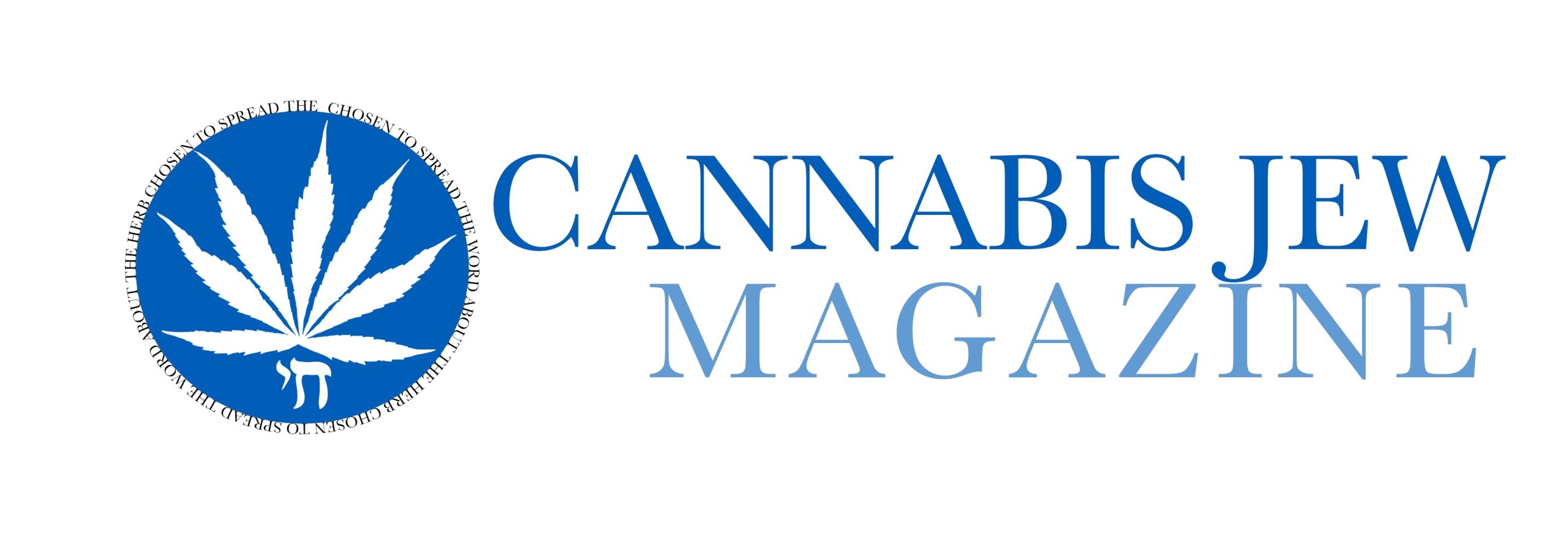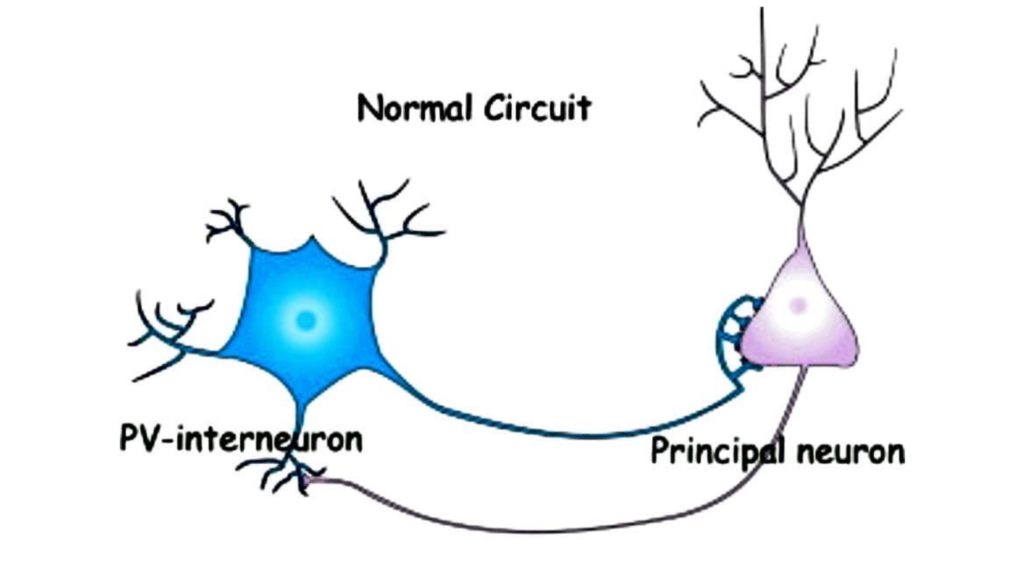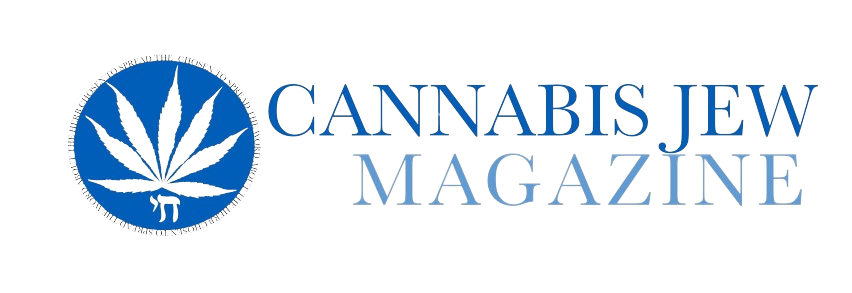One of the hardest things to explain to non-Jews about the Hamas massacre on 07 October is why it was an attack on every Jew designed to degrade our relationships and destroy our ability to make-sense of anything. This is why “mass murder” doesn’t convey the crime Hamas committed, or the aim of their campaign of mass torture and rape: a genocidal attack on the Jewish people as such.
Although many people mistakenly identify genocide with mass murder or mass casualties, it actually signifies an intent to destroy an ethnic, racial, religious or national group “as such” by undermining the health and intergenerational bonds of its members.
A genocidal attack is not marked by the number of people targeted, but instead by a type of violence that prevents recovery, and haunts succeeding generations through epigenetic transmission that leaves many of us with compromised endocannabinoid systems and a genetic predisposition to symptoms of post-traumatic stress disorder (PTSD).
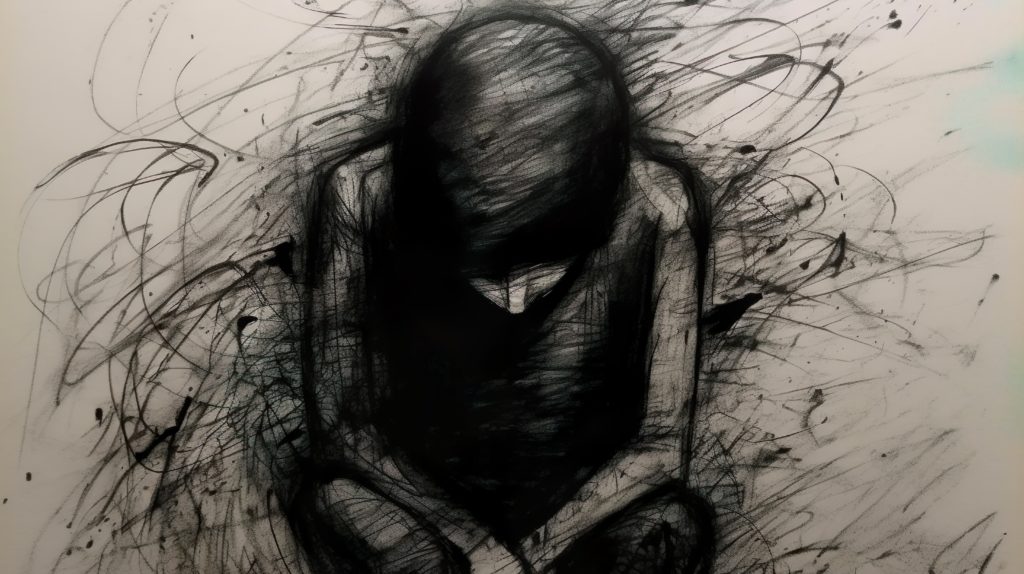
The profane forms of violence Hamas continues to inflict on Jewish men, women, and children threaten all of us, and our ability to cope with symptoms we normally keep at bay with cannabis and community. Since 07 October there has been a surge in the number of authorized medical cannabis patients in Israel, reaching an all-time high of 135,213 in November 2023. According to MJBizDaily, this makes Israel one of the world’s largest medical cannabis markets.
When we think about why cannabis has always played a role in Jewish spiritual and medicinal practice, why Israel has been the global leader in cannabis research, and why there are so many Jews in the medical cannabis industry, the Hamas massacre is a horrifying reminder that Jewish life has always coincided with Jewish survival and recovery from trauma. The Jewish relation to the herb is bound up with the traumatic arc of Jewish history.
What We Talk about When We Talk about Trauma
I know I’m biased, but I do think PTSD is the most interesting and least understood of all the brain disorders. This is due, in part, to the fact that it is suffered as a result of experience rather than genetics, and in part because the clinical language and approach to treatment have obscured both the cause and nature of the symptoms; creating a situation in which it is often quite difficult to recognize the symptoms of PTSD and get help with symptom management.
Instead, those of us who consume cannabis throughout the day to stifle the torrents of rage and anguish that lie right beneath the surface are often seen as difficult, crazy, unreasonable or terrible human beings. PTSD might be the only brain disorder in which those who suffer from it are blamed for its symptoms as though they are moral flaws, evidence of a character defect.
The kindest thing anyone has ever said to me, was after I called a friend to apologize for the way I had spoken to him when I had been triggered the day before, and he said: “That’s ok, I know it wasn’t you.”
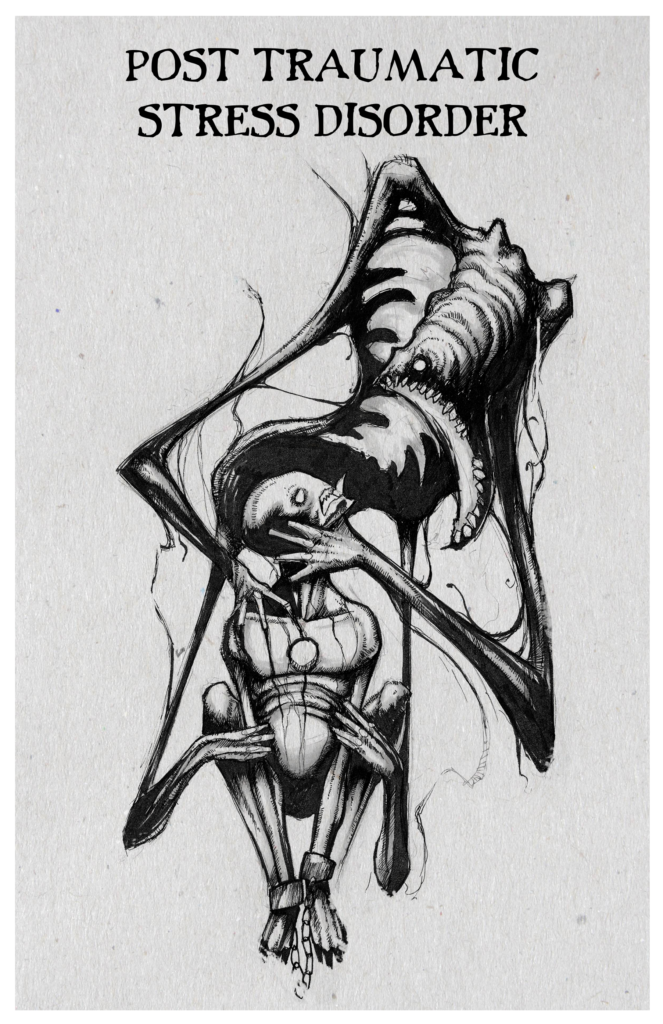
Despite my generally cranky disposition, it’s hard to get angry at cannabis writers when they report misleading or false claims about the promise of THC or Psilocybin to “cure” PTSD. I know the problem with the way we think about trauma really started when we forgot everything that Freud observed in Beyond the Pleasure Principle (1922), in which he introduces the notion of trauma as a “breach” in our otherwise reliable “protective shield against stimuli,” an experience that breaks the psychic distance required to perceive or make-sense of anything at all.
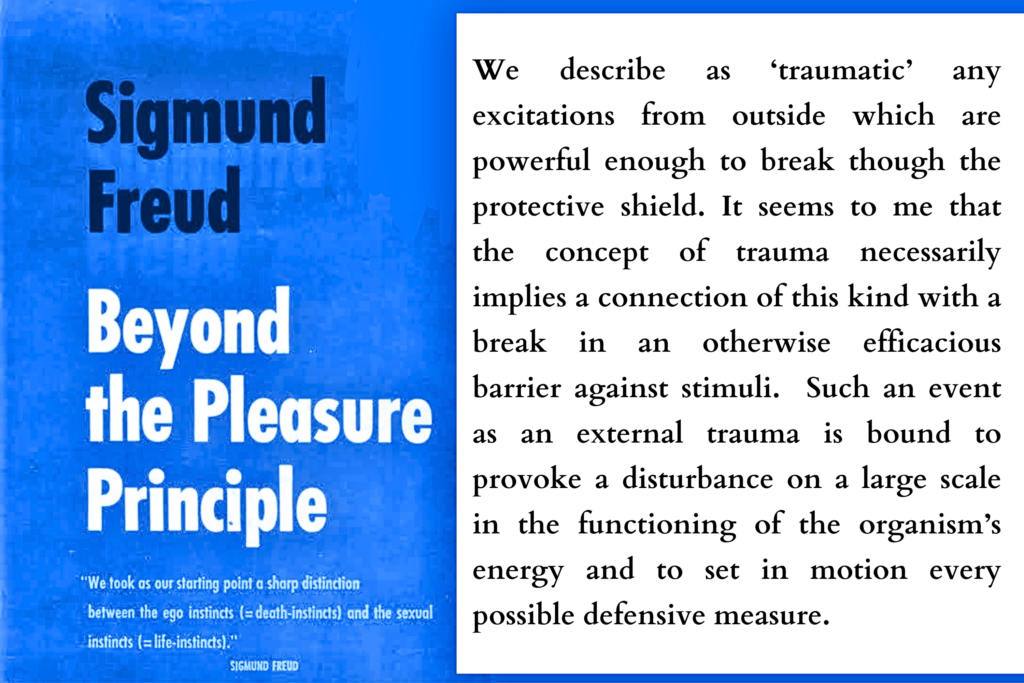
Freud was the first to describe the symptoms of what was-then called “shell shock” as symptoms of trauma, and speculated that they resulted from a brain injury caused by an un-natural form of violence that overwhelms our perceptual apparatus, creating a “breach” that prevents the ability to process and remember the violence. Freud observed that this injury provokes a psychic compulsion to repeat the pain and shock of the initial violation; what confused and horrified him is the fact that this occurred against the will of the individual.
When Freud tried to speculate about why the mind would put us through this, or hijack our senses to re-live the shock and sufferance of past events too violent to witness or remember, the only thing he could conclude was that trauma indicates the presence of “masochistic trends” and a “daemonic force” at the core of our psyche.
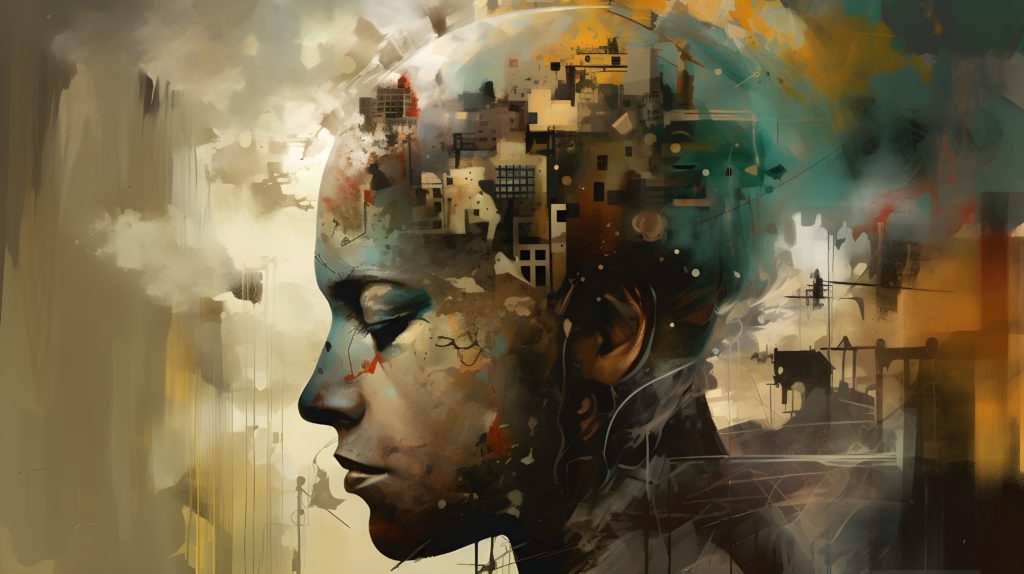
Indeed the why of trauma is no less confusing and no less pressing of an issue today, when so many of us live with psychic scars of un-natural violence that hijack our senses, perception and thought, and perpetually blunt our happiness and hope.
In order to understand the “why” of traumatic repetition, we need to return to Freud’s insight that traumatic violence creates a brain injury that provokes a disturbance “on a large scale in the functioning of the organism’s energy.”
It’s helpful to think about the brain injury suffered from trauma in terms of a short circuit in a power system: the experience of suffering from un-imaginable violence results in excessive current flow that short circuits a specific type of neural wiring—inhibitory interneurons —that normally act like circuit-breakers. They also play a pivotal role in inter-hemispheric coordination and in the formation of neuronal assemblies underlying learning and memory.
The analogy between the brain and an electrical grid is also helpful to visualize the symptoms of PTSD like the sparks produced by wires when there are no circuit breakers to protect a power supply: the excess current of force that shorted the neural wires produces “sparks” of excitation that disrupt and perpetually threaten to destroy the coordination between neural networks.
People who suffer from PTSD have not “repressed” or “failed to process” past experiences, but suffer from neurons that are still firing in response to a force that disabled them. This does not make us irrational or crazy, but it does mean that we carry the violations of the past in our discomfort with the present.
The 07 October massacre was the worst violence that Jews have suffered since the Holocaust, inflicted with the same intent to create wounds that cannot heal and undermine the vitality of the Jewish people as such. It is especially perverse to accuse Israel of genocide while Hamas is still torturing Jewish hostages for being Jewish and using the Palestinian people as human shields.
I am proud that the nation of Israel is prioritizing the health of its citizens and increasing access to medical cannabis while fighting for its survival and the right of Jews to defend themselves. If you really want to know about trauma, cannabis, and recovery, you could do no better than to devote your life to a close study of Jewish history.
Special thanks to Shawn Coss for permission to print his brilliant depiction of living-with PTSD.
In order to support and stay connected with the Canna-Jewish community, sign up to receive Canna-Jewish News delivered right to your inbox.
